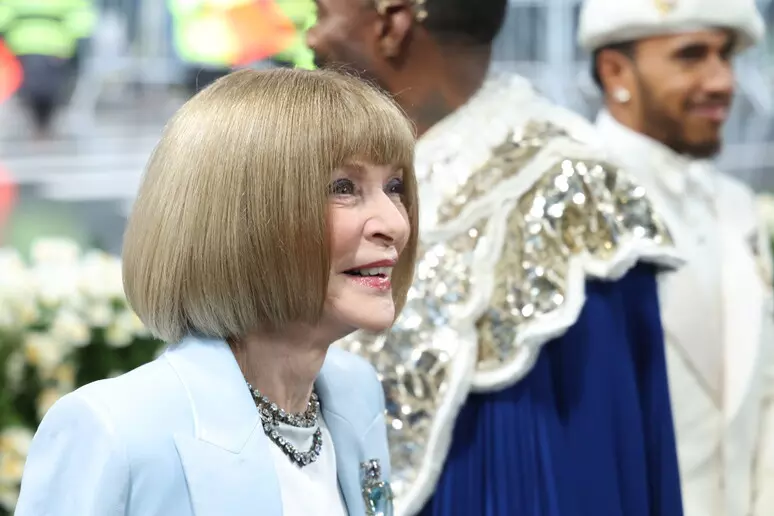After 37 years at the helm of American Vogue, Anna Wintour has announced her departure from the role of editor-in-chief. The news came on June 25, 2025, during a meeting with the editorial team, marking the end of one of the longest and most influential editorial tenures in fashion history.
Despite stepping down from the U.S. edition of the magazine, Wintour is not leaving Condé Nast. She will continue to serve as Global Chief Content Officer and Global Editorial Director, overseeing numerous titles across the company’s international portfolio, including Vanity Fair, GQ, AD, and Wired.
Since her appointment in 1988, Anna Wintour has completely transformed the face of Vogue. Her first cover, featuring model Michaela Bercu in jeans and a Christian Lacroix top, broke with traditional notions of elegance and introduced a dialogue between high fashion and everyday style that would come to define the magazine’s new era. Under her leadership, Vogue embraced topics far beyond the wardrobe: politics, pop culture, activism, and celebrity culture became integral to its editorial vision.
Wintour has been a central and often controversial figure. She inspired novels and iconic films like The Devil Wears Prada, and sparked debate over her icy leadership style and initial lack of commitment to diversity. In recent years, however, Vogue has begun a process of self-reflection, moving toward a more inclusive outlook.
The next editor-in-chief of Vogue U.S. has yet to be announced, but the transition is already underway. Whoever steps into the role will lead the publication in a very different landscape than the 1980s—one in which editorial leadership must address digital content, social responsibility, and a more horizontal dialogue with readers.
Anna Wintour leaves behind an indelible mark: she helped launch talents like John Galliano, Alexander McQueen, and Marc Jacobs; elevated the Met Gala into a global cultural event; and turned Vogue into an institution that shapes both fashion and the perception of beauty. In what may be a less visible yet still strategically powerful role, her departure from Vogue U.S. is not an exit, but a redefinition of her influence. At 75, with an eye still fixed on the future, Wintour will continue to shape the industry—this time from a broader, less title-bound perspective.












